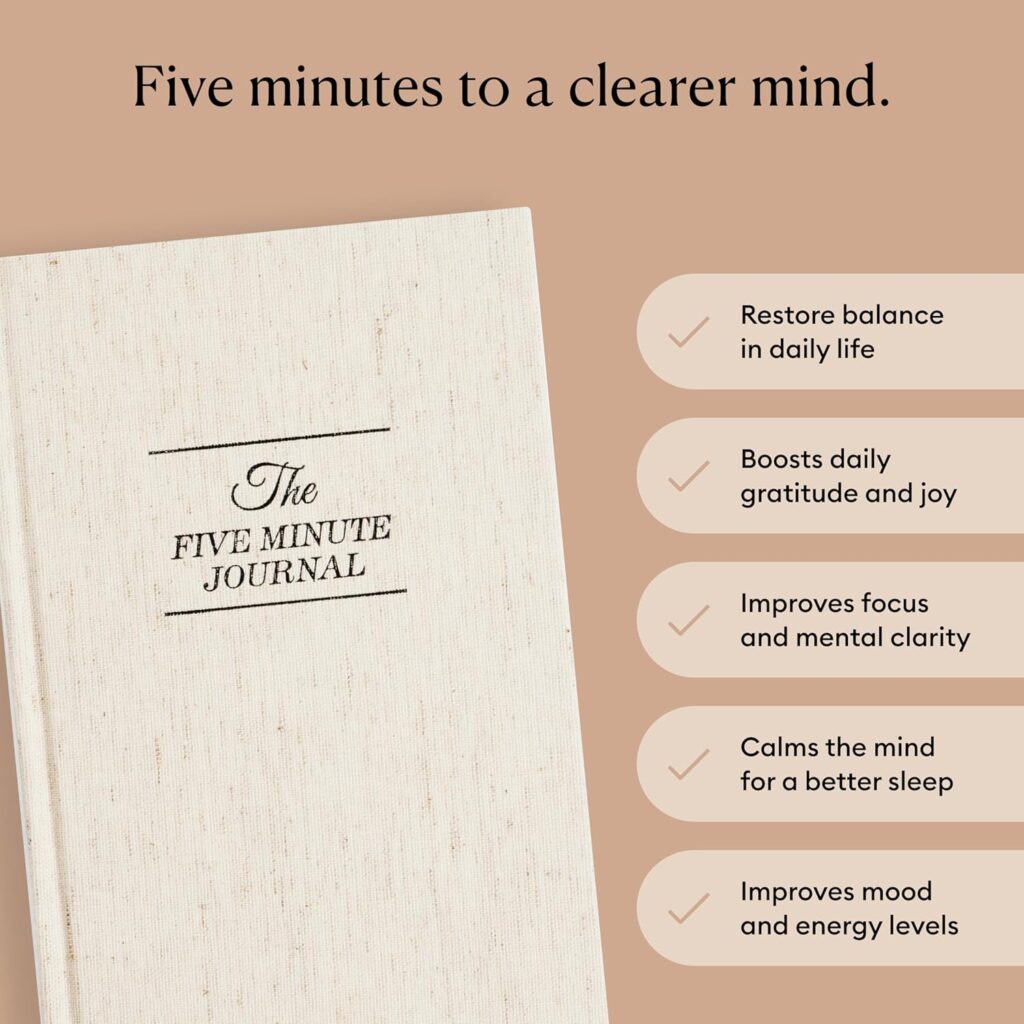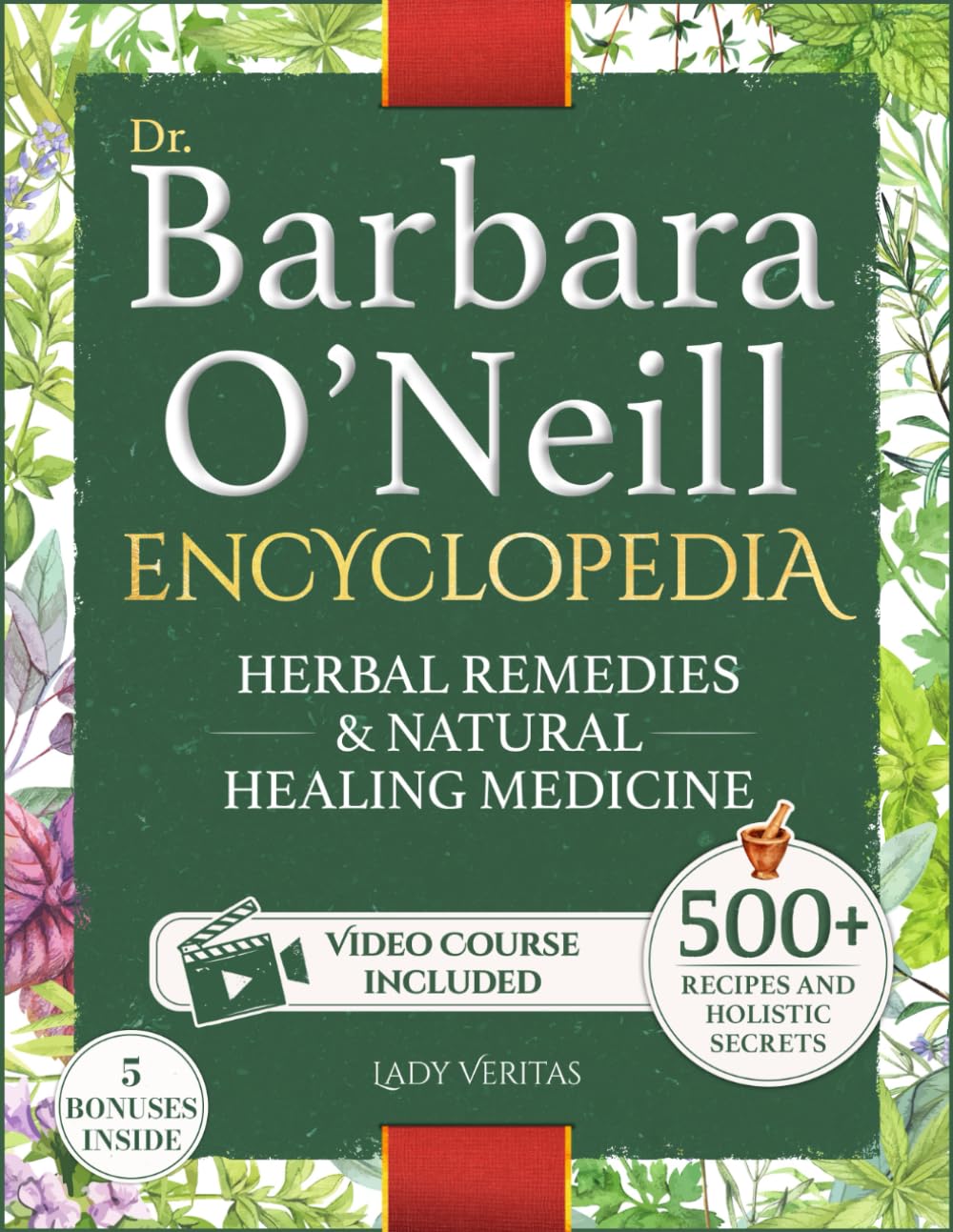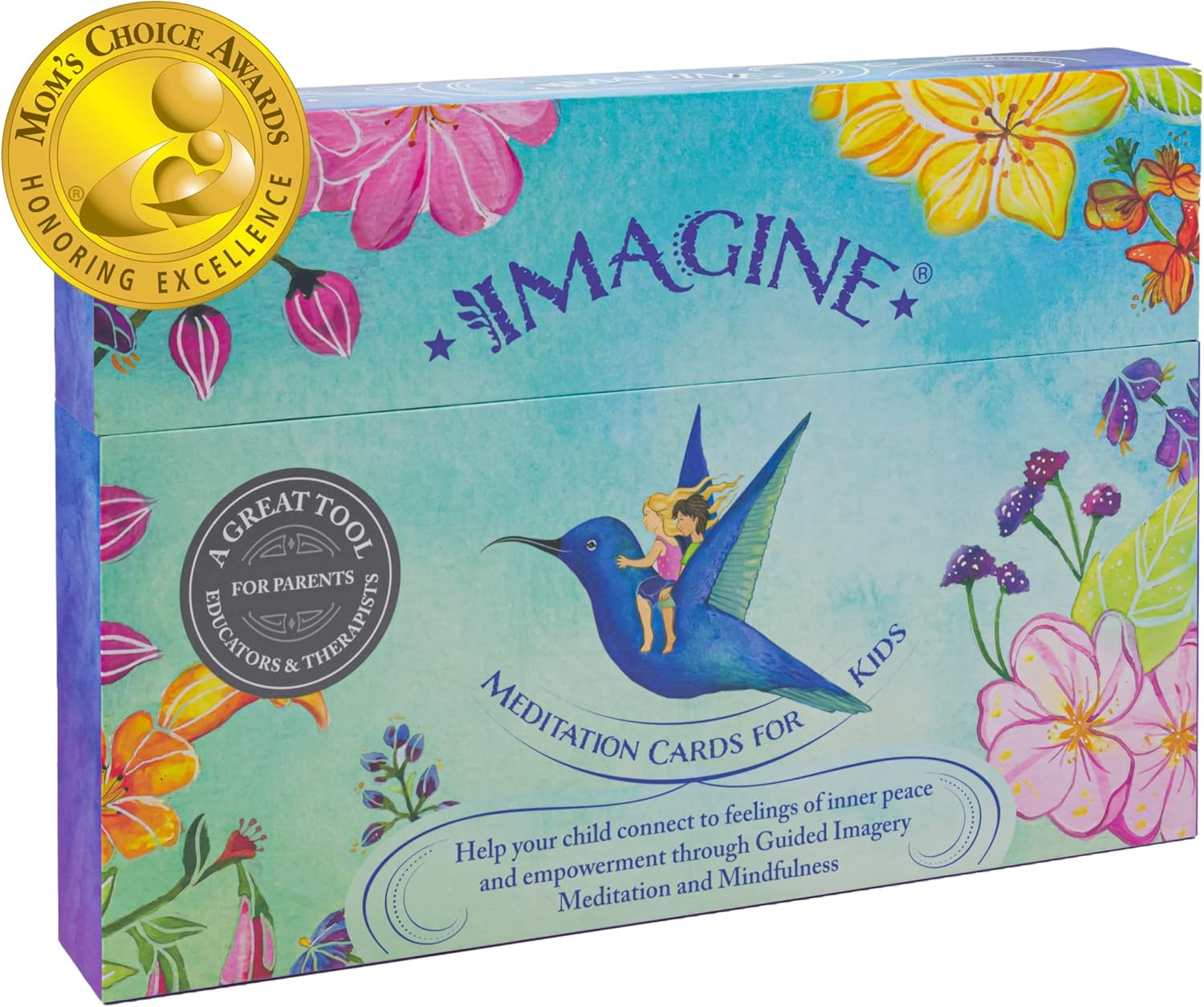In today’s fast-paced world, finding balance can seem overwhelming, especially for older women who are seeking to enhance their holistic well-being. One powerful yet simple practice to help improve physical, emotional, intellectual, and spiritual health is gratitude journaling. By consistently acknowledging what you’re grateful for, you can transform your outlook on life, reduce stress, and promote a sense of inner peace. In this guide, we’ll explore how gratitude journaling for holistic well-being can become a daily habit, helping you unlock the health benefits of a thankful mindset.
Table of Contents
What Is Gratitude Journaling?
Gratitude journaling is the simple practice of regularly recording the things you’re grateful for in life. It can be as brief as jotting down three small things that made you smile today, or it can be a more reflective process where you dive deeper into why certain moments or people make you feel thankful. While it may seem like a small effort, studies have shown that gratitude journaling has far-reaching benefits on both your mind and body.
The Science Behind Gratitude and Its Impact on Well-being
Gratitude has a profound effect on our overall well-being, from reducing stress to improving sleep. Here are some research-based benefits of gratitude that make it a key tool in holistic health:
- Reduced Stress: Writing about things you're grateful for reduces cortisol levels, helping to lower stress and promote relaxation.
- Improved Sleep: People who practice gratitude often sleep better, as feelings of gratitude calm the mind and prepare it for restful sleep.
- Enhanced Emotional Health: Journaling increases emotional resilience, reducing feelings of depression and anxiety by fostering a positive mindset.
By incorporating gratitude into daily life, you’ll notice how it supports not just your mental and emotional well-being, but your physical health too.
How Gratitude Journaling Enhances Holistic Wellness
When we talk about holistic well-being, we’re referring to a complete sense of balance in life that encompasses physical, emotional, intellectual, and spiritual wellness. Gratitude journaling supports each of these areas, making it a powerful tool for creating a healthy and happy life.
How Gratitude Journaling Supports Physical Wellness
Believe it or not, gratitude journaling can directly affect your physical health. Here’s how:
- Lowers Blood Pressure: By reducing stress, gratitude helps lower blood pressure, improving heart health.
- Improves Sleep Quality: Journaling helps clear your mind before bed, leading to deeper and more restful sleep.
- Boosts Immune Function: Feeling grateful boosts your immune system, making you less likely to get sick.
The connection between mind and body is undeniable, and gratitude journaling taps into that link to improve your physical health over time.
Emotional Wellness Through Gratitude
One of the most powerful impacts of gratitude journaling is on emotional well-being. Here’s how gratitude helps emotional health:
- Increases Happiness: Taking time to acknowledge the good in your life fosters a mindset of abundance, which directly leads to improved happiness.
- Reduces Negative Emotions: Gratitude journaling shifts your focus away from what you don’t have, helping to alleviate feelings of envy, resentment, and frustration.
- Promotes Resilience: By practicing gratitude, you build emotional resilience, allowing you to handle life’s challenges with more ease and grace.
When you make gratitude journaling part of your routine, you’ll find yourself more emotionally stable and content.
Gratitude for Mental Clarity and Intellectual Growth
Gratitude doesn’t just benefit your emotions—it also sharpens your mind. Here’s how gratitude journaling enhances intellectual and mental well-being:
- Boosts Mental Clarity: Reflecting on positive experiences improves your ability to focus and helps you approach problems with a clear, calm mind.
- Encourages Mindfulness: Journaling trains you to be present in the moment, increasing your awareness of the world around you.
- Promotes Lifelong Learning: As you document the things you’re grateful for, you might start noticing patterns and lessons that enrich your intellectual growth.
By keeping a gratitude journal, you cultivate a sense of mental clarity that allows you to approach each day with focus and calm.
Spiritual Benefits of Journaling
Finally, gratitude journaling nurtures spiritual wellness by connecting you with a sense of purpose and inner peace. Here’s how:
- Deepens Your Connection with the Present: Writing about gratitude encourages you to stay grounded and appreciate the present moment.
- Fosters a Sense of Purpose: When you focus on what you’re thankful for, you begin to understand the deeper meaning behind your life experiences.
- Encourages Inner Peace: Gratitude journaling can create a sense of spiritual calm and contentment, helping you feel at peace with yourself and the world around you.
These spiritual benefits of journaling help you cultivate a sense of inner harmony, which is an essential part of holistic well-being.

How to Start a Gratitude Journal (Step-by-Step Guide)
Starting a gratitude journal is simple, and the benefits are undeniable. Here’s how you can get started:
- Choose a Journal: Whether you prefer a physical notebook or a digital platform, pick a medium that feels comfortable and accessible to you.
- Set a Time: Choose a specific time each day to write in your journal. Many people find that journaling in the morning or right before bed works best.
- Write Down 3-5 Things You’re Grateful For: Each day, list a few things—big or small—that you’re grateful for. This could be a delicious cup of coffee, a kind word from a friend, or simply waking up to a beautiful sunrise.
- Reflect on How They Made You Feel: As you write, take a moment to reflect on the emotions behind each gratitude. How did these moments or people make you feel?
- Be Consistent: Like any habit, consistency is key. Commit to writing in your gratitude journal daily, even on difficult days when it might feel harder to find things to be thankful for.
By following these simple steps, you’ll start to experience the many benefits of gratitude journaling for your holistic well-being.
Example Prompts to Get You Started
Here are some prompts to inspire your gratitude journaling:
- "What is something positive that happened today?"
- "Who in your life are you most thankful for and why?"
- "What simple pleasures did you enjoy today?"
- "What recent challenge have you overcome, and what have you learned?"
Use these prompts to kickstart your journaling habit, especially if you’re feeling stuck.
How to Make Gratitude Journaling a Habit
Sticking with a new habit can be difficult, but with a few strategies, you can make gratitude journaling a natural part of your day.
- Set Reminders: Set an alarm on your phone or use a habit-tracking app to remind you to journal daily.
- Pair It with Another Habit: Combine gratitude journaling with another daily routine, like drinking your morning coffee or brushing your teeth before bed.
- Start Small: If you’re feeling overwhelmed, start by writing just one thing you’re grateful for each day, then gradually increase the amount over time.
Overcoming Common Obstacles to Gratitude Journaling
It’s normal to encounter obstacles when starting a new habit. Here’s how to overcome common challenges:
- "I Don’t Have Time": Journaling doesn’t have to be time-consuming. Even just 5 minutes a day is enough to see the benefits.
- "I Can’t Think of Anything to Write": On tough days, focus on small things—a warm shower, a delicious meal, or simply having a roof over your head.
- "I Forget to Journal": Keep your journal somewhere visible, like your nightstand, as a visual reminder to write.
Real-Life Stories: How Gratitude Journaling Transformed Lives
Many women have discovered the transformative power of gratitude journaling. Here are a few real-life stories:
- Susan, 62: "Gratitude journaling helped me through a difficult period of grief. By focusing on the small moments of joy, I was able to find light in the darkest times."
- Marie, 55: "After I started journaling, I noticed that my stress levels went down and my relationships improved. I stopped focusing on what was missing in my life and started appreciating what I had."
These stories show just how impactful gratitude journaling can be on your overall well-being.
Buy A Beautiful Gratitude Journal On Amazon (Ad)
Embrace Gratitude Journaling for a Happier, Healthier Life
Gratitude journaling is a simple but powerful tool that can transform your physical, emotional, intellectual, and spiritual wellness. By regularly focusing on the good in your life, you’ll cultivate a sense of peace, happiness, and balance that supports your overall holistic well-being.
If you’re ready to start your gratitude journaling journey, download our free gratitude journal template or explore our other resources on holistic well-being and emotional health.
Related Posts:
How to Improve Emotional Health Through Simple Daily Practices
Achieving Spiritual Balance: Simple Tips for Women Over 40
With these actionable steps, you’re well on your way to making gratitude journaling a transformative part of your holistic wellness journey!





